Here is my code.
Entit class:
@Entity
public class Book
{
@Id
@GeneratedValue(strategy = GenerationType.IDENTITY)
private long bookId;
private double bookPrice;
private String bookTitle;
private String bookAuthor;
private String bookLanguage;
private LocalDate publicationDate;
private String publisher;
private byte[] bookImage;
private long isbn;
private int bookQuantity;
Controller class:
@PutMapping("/updatebooks")
public ResponseEntity<ApiResponse> updateBook(@RequestBody BookDto bookDto)
throws DataNotFoundException
{
return ResponseEntity.ok(bookService.updateBook(bookDto));
}
Service class:
@Override
public ApiResponse updateBook(BookDto bookDto) throws DataNotFoundException
{
Book book = bookRepository.findById(bookDto.getBookId())
.orElseThrow(() -> new DataNotFoundException("Book not found"));
book.setBookAuthor(bookDto.getBookAuthor());
book.setBookLanguage(bookDto.getBookLanguage());
book.setBookPrice(bookDto.getBookPrice());
book.setBookTitle(bookDto.getBookTitle());
book.setIsbn(bookDto.getIsbn());
book.setPublicationDate(bookDto.getPublicationDate());
book.setPublisher(bookDto.getPublisher());
bookRepository.save(book);
return new ApiResponse(HttpStatus.OK.value(), "Updation successful");
}
So through postman I just want to update bookAuthor field alone and other fields has to be same as it is in the database. But when I update just one field the others are automatically assigned as null and I just want to update only one field.
Here see that i'm just updating the bookAuthor field but others are simply changing to null. So how can I update only particular fields and display the others as as it is in database.


